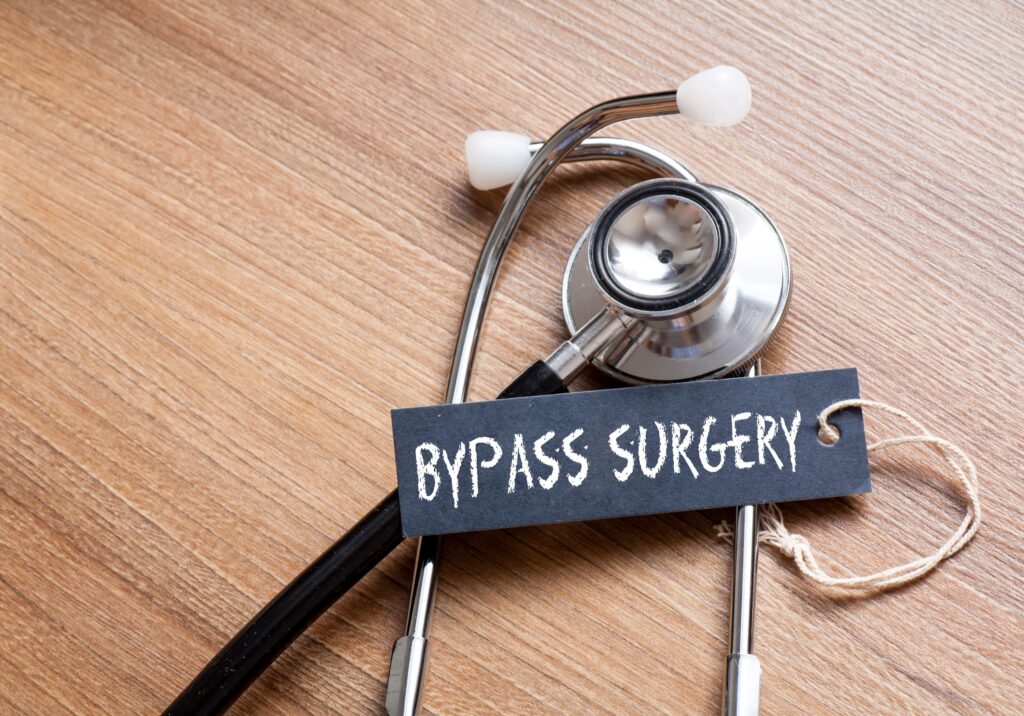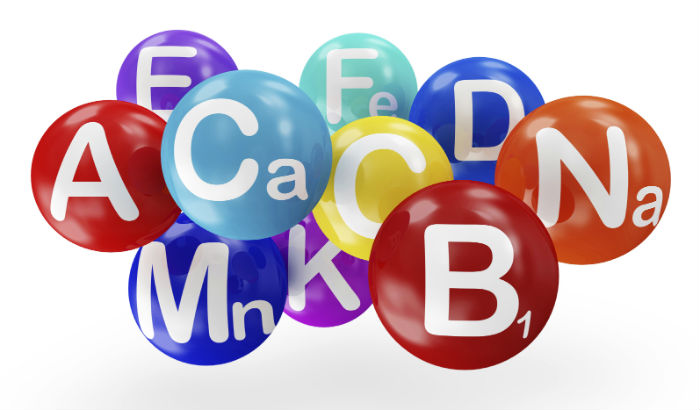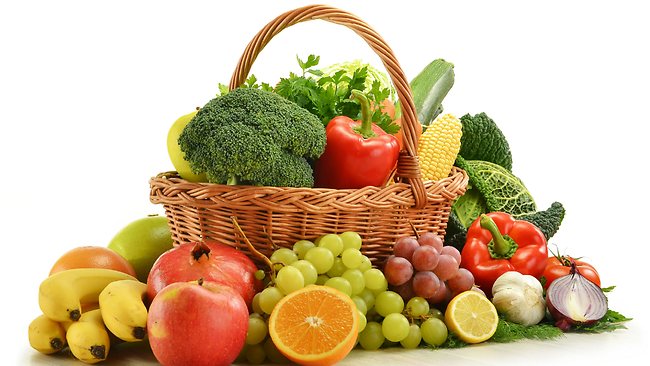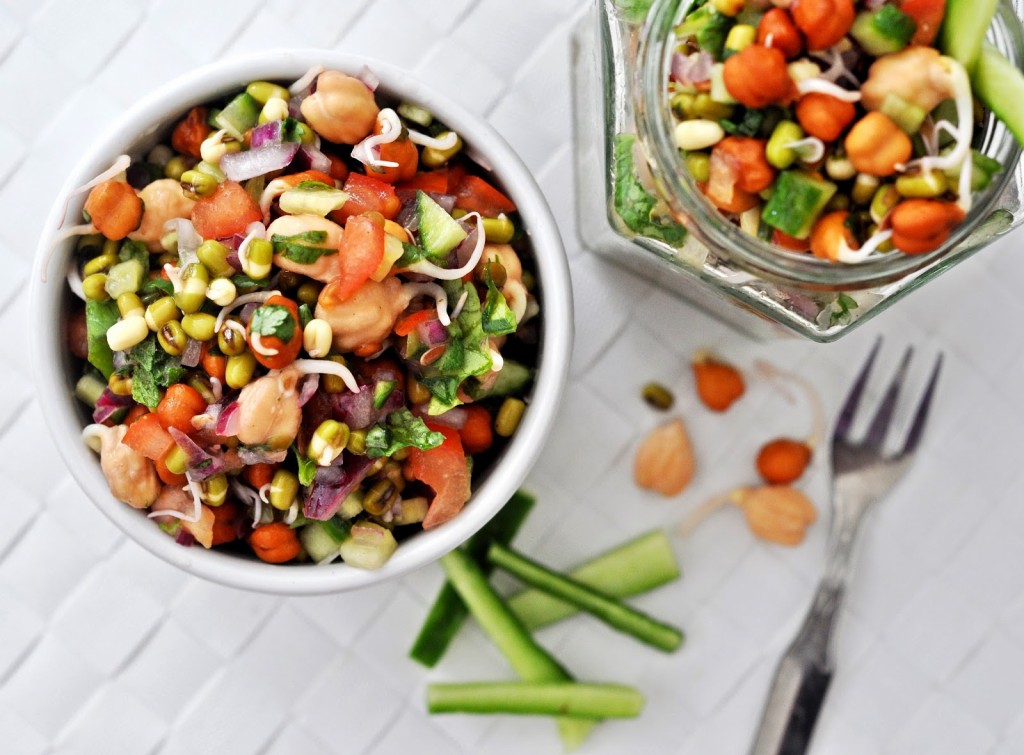Good nutrition is important for us to be healthy, prevent many diseases and feel good, and is especially important for our hearts as heart disease is the number one killer disease today. Quite often we manage our ailments through lifestyle changes, medications or non-surgical procedures, but there are some medical conditions that need to be surgically managed and cardiac conditions are no exception to this.
A surgical procedure that is performed to resolve a problem in the heart is called a cardiac surgery or a heart operation. The most commonly performed type of cardiac surgery is Coronary Artery Bypass Graft also known as bypass surgery. A bypass surgery may be done via an open heart procedure where the rib cage is cut open to access the heart or a minimally invasive procedure where the heart is accessed through key holes without opening the rib cage. Bypass surgery has been used for the treatment of heart attack or coronary artery disease for more than 50 years, and has been performed for millions of people worldwide. The recovery process after a cardiac surgery can differ depending on varying procedures performed as part of the patient’s operative treatment. Caring for wounds and keeping up good health is mandatory after the surgery.
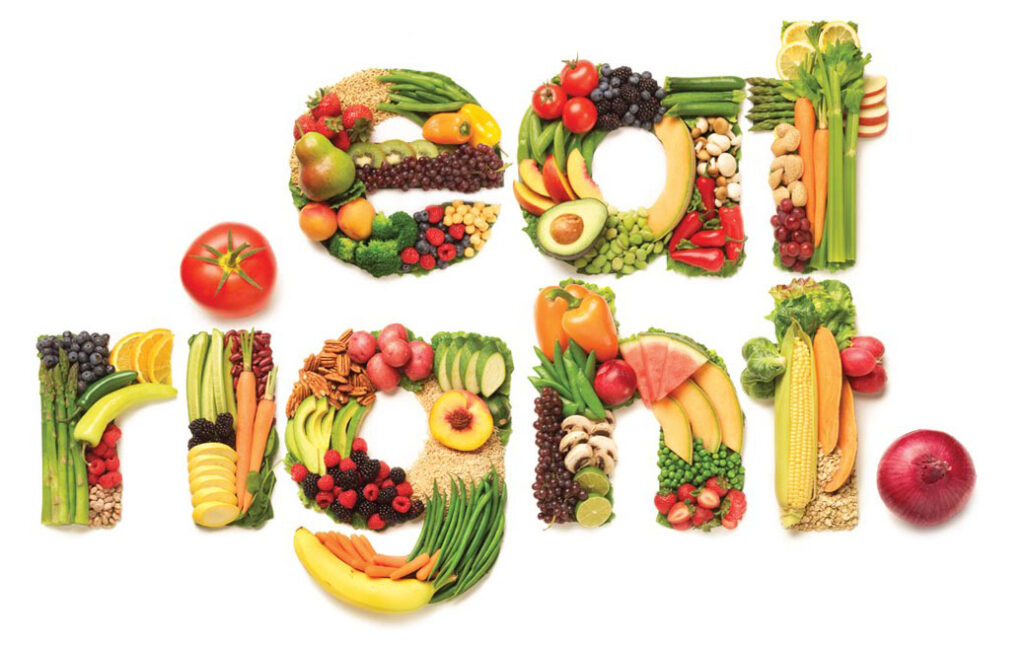
Dietary management after cardiac surgery
In the immediate post-operative period, nutrition is provided through an intravenous line in order to rest your gut and to allow your anaesthesia to wean off completely. This is known as parenteral nutrition and is planned by your surgical team and the hospital’s in-house dietician. Once your surgical team certifies you fit for oral food intake, you will be initiated on a healthy liquid-based diet that is easy to digest like soups, stews, protein-based drinks followed by semi-solid foods like porridge, smoothies etc. and then slowly progressed to a solid diet. You may notice that your appetite is poor and that the food has lost its flavour in the early post operative period. Your sense of smell may change and you may also experience a strange metallic taste in your mouth. This can be caused by the operation or your medications and can take some time to fully recover. Eating small amounts of food at frequent intervals is a good way to gradually build your digestive abilities.
Common dietary questions of individuals undergoing bypass surgery
There are some common questions that I face as a dietician from individuals who have undergone bypass surgery recently and would like to share them here for the benefit of the readers.
- What is the best diet after bypass surgery?
Our bodies get stressed when we are ill or have surgeries and it is very important to have good nutrition before your surgery (if it is a planned surgery) to help you heal faster after your surgery. Many studies have shown that a diet rich in fruits, vegetables, whole grains, nuts and seeds can reduce your risk of heart disease and help you heal better post surgery. A healthy balanced diet (2 serves of fruit, 5 serves of vegetables and 4 or more serves of whole grains per day, lean proteins and legumes, nuts and oil seeds, low fat dairy products) will help the body to heal, reduce the risk of complications and enable speedy recovery. Maintaining a well-balanced diet plays an integral part in reducing surgical complications and promoting heart disease reversal
2. How much protein should I consume on a daily basis?
You need a good proportion of protein and enough calories to heal after a cardiac surgery. The normal protein intake for a healthy individual is 1 gram per kilogram body weight whereas 1.2-1.5 grams per kilogram body weight are required per day if you have undergone a bypass surgery. It can be hard to meet your daily requirements because you may be on medications that affect your appetite. Taking small frequent protein-rich foods like lean meats soups, sprouts or ‘sundal’, low fat milk products, ‘dhals’ or legumes, mixed unsalted nuts and seeds can help you meet the protein requirements
3. What are the recommended levels of sugar and salt intake?
Sugar – sugary foods are often consumed instead of healthy foods and can contribute to poor blood sugar control and weight gain. Keep your blood sugars under control; high blood sugar also makes it hard for your body to heal. Added sugar in any form like white sugar, brown sugar, jaggery or honey is harmful and is best avoided or kept to a minimum.
Salt – reducing your salt intake or limiting your sodium intake to less than 1,500 mg per day helps by reducing fluid accumulation and preventing excessive stress on the heart. Cardiac patients are regularly advised to consume less than 5 g of salt per day (less than 1 tablespoon per day) which means that you need to follow low-salt cooking and avoid packaged foods, pickles, ‘papads’, crisps and other snacks which are high in hidden salt.
4. What foods should I avoid after my bypass surgery?
Foods with a high saturated fat content like liver and organ meats, egg yolk, whole milk, ghee, butter, cream and whole-milk cheese should be limited to once or twice a week. Fried foods, packaged and processed foods and pastries should be avoided completely as they are high in trans fat that is extremely unhealthy for the recovering body tissues.
5. How can I eat better to improve my good cholesterol or HDL (High Density Lipoproteins)?
High-density lipoprotein (HDL) is the good kind of cholesterol that will keep your arteries healthy. Mixed nuts and seeds, lean meat, fish and beans are the dietary sources to increase HDL level. Several medical and environmental factors such as sedentary lifestyle, uncontrolled blood sugar, inflammation, smoking and obesity are also responsible for low HDL cholesterol and should be aggressively modified.
6. How much of dietary fiber do I need?
Fiber is an important component of a healthy balanced meal. It acts as a natural laxative by increasing stool bulk, which allows stools to pass more readily through the colon. Most of the fiber is found in the husk and skin of fruits, vegetables, greens and whole grains. The normal requirement of fiber for an individual is 25-30 grams per day. Constipation is the biggest enemy for heart health and should be completely avoided in heart patients. Post surgery, you may have constipation due to improper food intake, less fruits, vegetables and whole grains in your diet, less fluid intake, medications and physical inactivity. Consuming adequate fiber will help to prevent constipation and keep your heart as well as gut healthy.
These are the most frequent and common questions asked by cardiac patients and their caregivers. Eating right is an art. Eating right after a surgery is extremely important to the healing process. Therefore, it is vital that you stick to the diet chart prescribed by your dietitian. Do not hesitate to ask questions or raise your concerns to your doctor or dietitian. Be sure to get the physical activity and exercise your physiotherapist recommends, stay away from smoking, keep your blood sugar and blood pressure under control, and do things that make you happy and help you relax.

